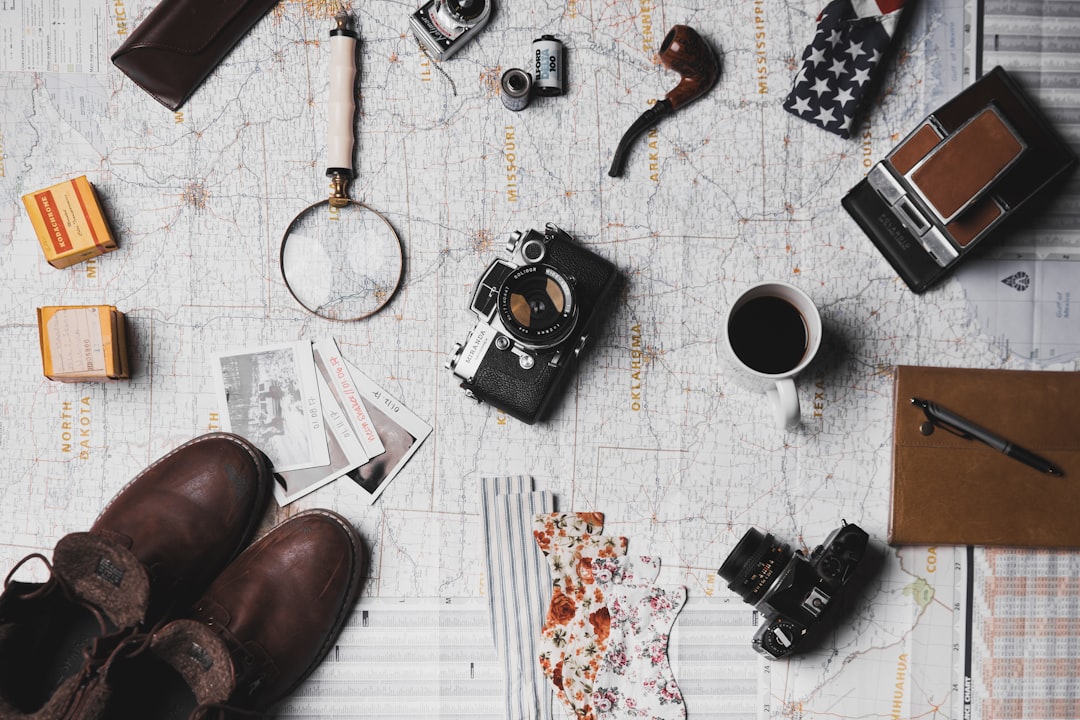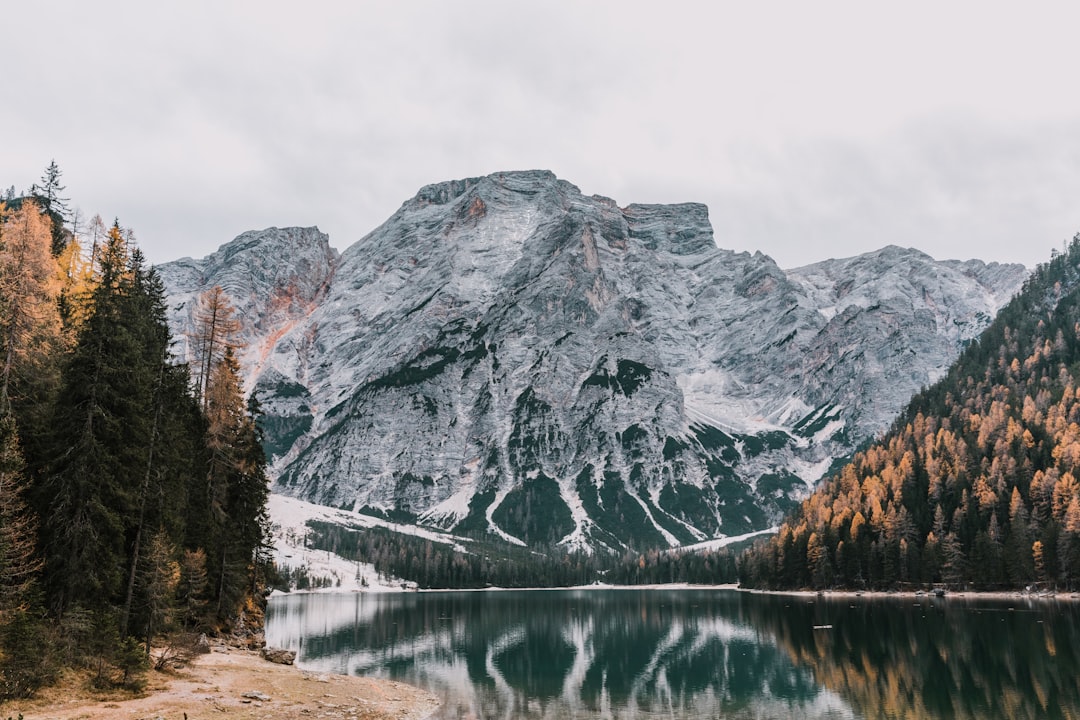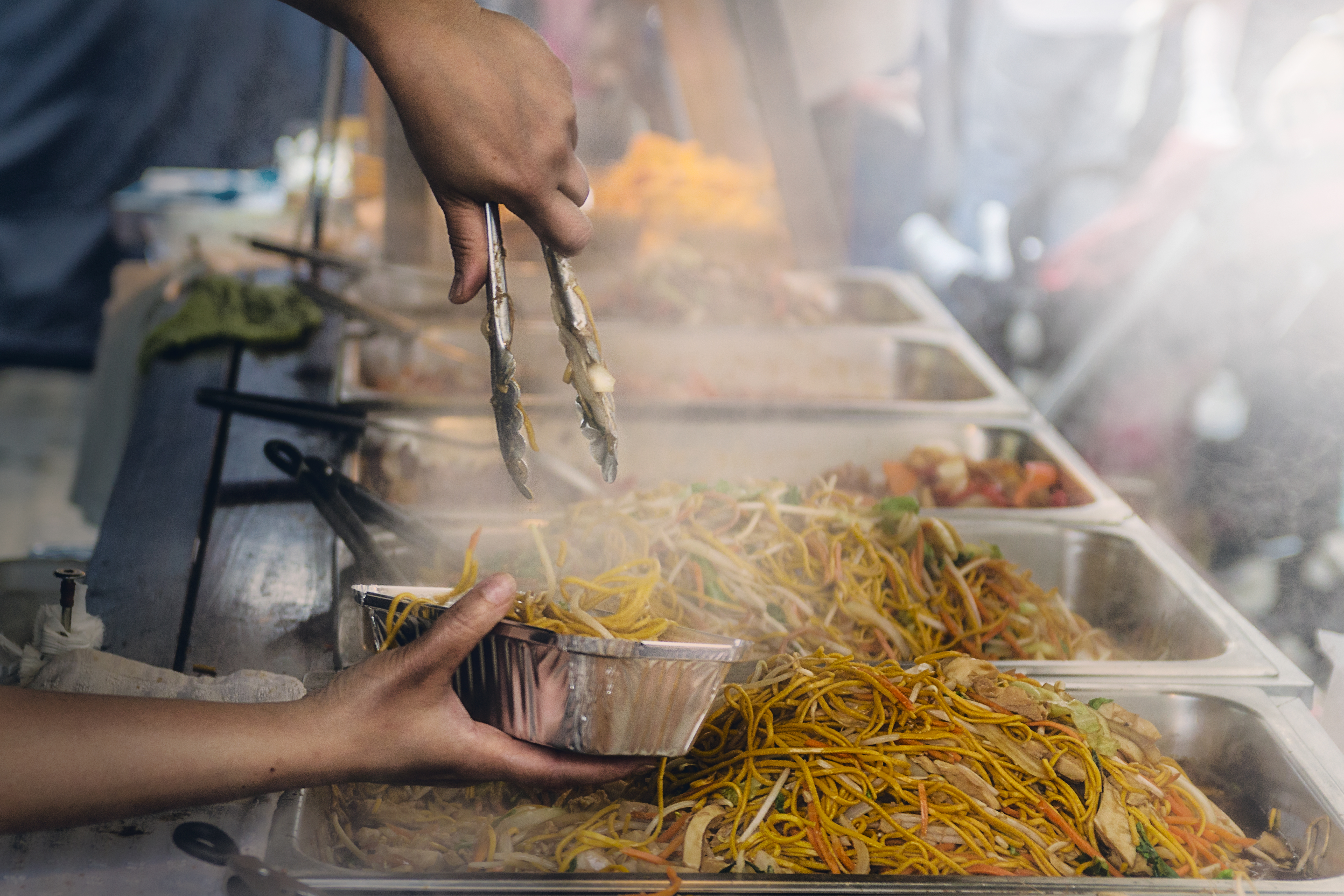11 Smart Ways to Save Money on Your Next Big Trip Beyond Budget Hotels
In the modern age of travel, where the world feels smaller and more accessible, the art of traveling thriftily has become an essential skill for many globetrotters. While basic lodging choices like hostels, budget hotels, and couch surfing have long been the go-to options for saving money, travelers are increasingly seeking more nuanced strategies to stretch their budgets further. This article explores 11 savvy money-saving tactics that go beyond the standard accommodation choices, offering a comprehensive guide for those looking to maximize their travel experiences without breaking the bank. Whether you're a seasoned traveler or planning your first adventure, these tips will help you navigate the world more economically, ensuring that your journeys are rich in experience but light on the wallet.
1. Strategic Travel Planning

The foundation of any successful budget-friendly trip lies in meticulous planning. A well-thought-out itinerary can significantly reduce costs while enhancing the travel experience. Start by researching your destination thoroughly, understanding peak tourist seasons, local festivals, and off-peak travel times. Traveling during the shoulder season, the period just before or after the peak season, can lead to substantial savings on flights, accommodations, and attractions, while still allowing you to enjoy favorable weather and fewer crowds. Consider using travel planning tools and apps that offer insights into the cheapest times to fly, alternative routes, and discounts on attractions. Flexibility is key; being open to adjusting your travel dates by a few days can result in significant savings. Additionally, consider multi-destination trips that allow you to visit several nearby locations in one go, taking advantage of regional transport passes or discounted multi-city flight options. By planning strategically, you can optimize your travel budget and ensure a seamless, enjoyable journey.
2. Transportation Tactics

Transportation can be one of the most significant expenses during travel, but with a bit of creativity, it's possible to reduce these costs substantially. Start by exploring alternative modes of transportation, such as trains or buses, which often offer more economical options compared to flights, especially for short to medium distances. In regions like Europe and Southeast Asia, extensive rail networks provide budget-friendly and scenic travel experiences. Carpooling services and ride-sharing apps can also be cost-effective, particularly for solo travelers or small groups. Consider renting a bike or walking for short distances, allowing you to explore the area at your own pace while saving money. For those venturing to remote destinations, look into local transport options like tuk-tuks, rickshaws, or shared vans, which can offer both savings and an authentic travel experience. By diversifying your transportation choices, you can significantly reduce travel expenses and immerse yourself more deeply in the local culture.
3. Dining on a Dime

Food is an integral part of any travel experience, but dining out can quickly add up. To savor local cuisine without overspending, consider dining at local markets, street food stalls, and food trucks, where you can often find delicious and authentic meals at a fraction of the cost of restaurants. These venues not only offer affordable options but also provide a glimpse into the local culinary scene and culture. Self-catering is another effective strategy for cutting food costs. Opt for accommodations that include kitchen facilities, allowing you to prepare some of your meals. Visit local grocery stores or markets to stock up on fresh, local ingredients, and enjoy a picnic in a scenic spot. Additionally, look for restaurants that offer lunch specials or set menus, which are often more affordable than dinner options. By being mindful of where and how you dine, you can enjoy the local flavors without straining your budget.
4. Embracing Free and Low-Cost Activities

Exploring a new destination doesn't have to come with a hefty price tag. Many cities offer a wealth of free or low-cost activities that allow you to experience the local culture and attractions without spending a fortune. Start by researching free walking tours, which are available in many major cities and provide an excellent introduction to the area's history and culture. These tours are often led by knowledgeable locals who work for tips, making them a budget-friendly option. Museums and cultural sites frequently offer discounted or free admission days, so plan your visit accordingly. Nature lovers can take advantage of hiking trails, parks, and beaches, which offer stunning landscapes and outdoor activities at little to no cost. Additionally, look for local events, such as festivals, concerts, and markets, which provide an opportunity to immerse yourself in the local culture without spending much. By seeking out these free and low-cost activities, you can enrich your travel experience while keeping expenses in check.
5. Leveraging Technology for Savings

In today's digital age, technology can be a powerful tool for saving money while traveling. Numerous apps and websites are designed to help travelers find the best deals on flights, accommodations, and activities. Price comparison tools allow you to compare different options quickly, ensuring you get the best value for your money. Set up alerts for price drops on flights and accommodations to take advantage of last-minute deals. Consider using apps that offer discounts or cashback on dining, shopping, and attractions. Loyalty programs and travel rewards credit cards can also provide significant savings, offering points or miles that can be redeemed for flights, hotel stays, or other travel-related expenses. Additionally, download offline maps and translation apps to avoid roaming charges and stay connected without incurring extra costs. By harnessing the power of technology, you can streamline your travel planning and maximize your savings.
6. Engaging with Local Communities
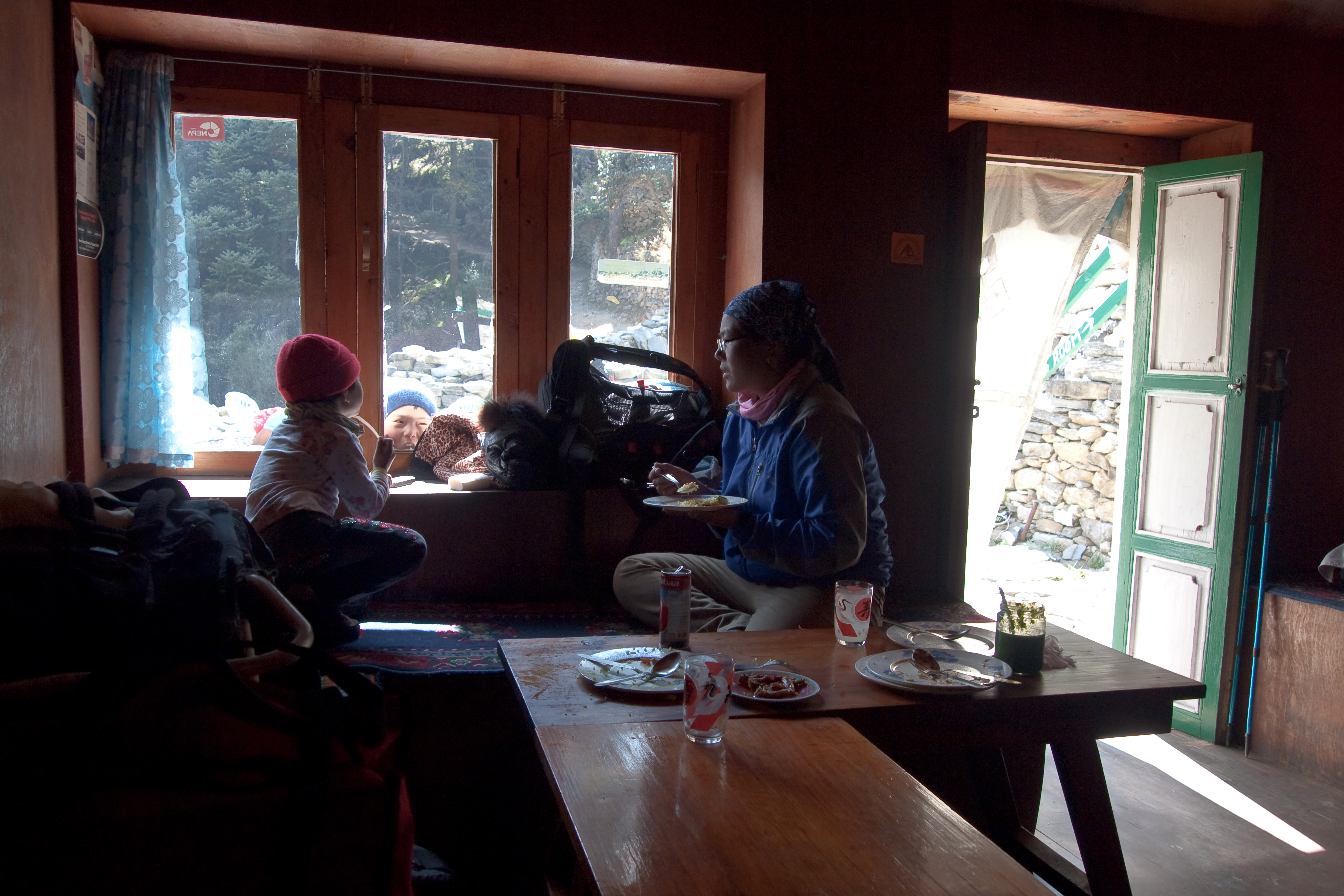
One of the most rewarding aspects of travel is connecting with local communities, and doing so can also lead to cost savings. Consider volunteering or participating in community-based tourism initiatives, where you can exchange your skills or time for food and lodging. These opportunities not only reduce travel expenses but also provide a deeper understanding of the local culture and way of life. Home exchanges or house sitting are other options that allow you to live like a local without the cost of accommodation. Platforms that connect travelers with locals for cultural exchanges or language practice can also lead to meaningful experiences and potential savings. By engaging with local communities, you can create lasting memories and friendships while traveling more economically.
7. Smart Packing Strategies
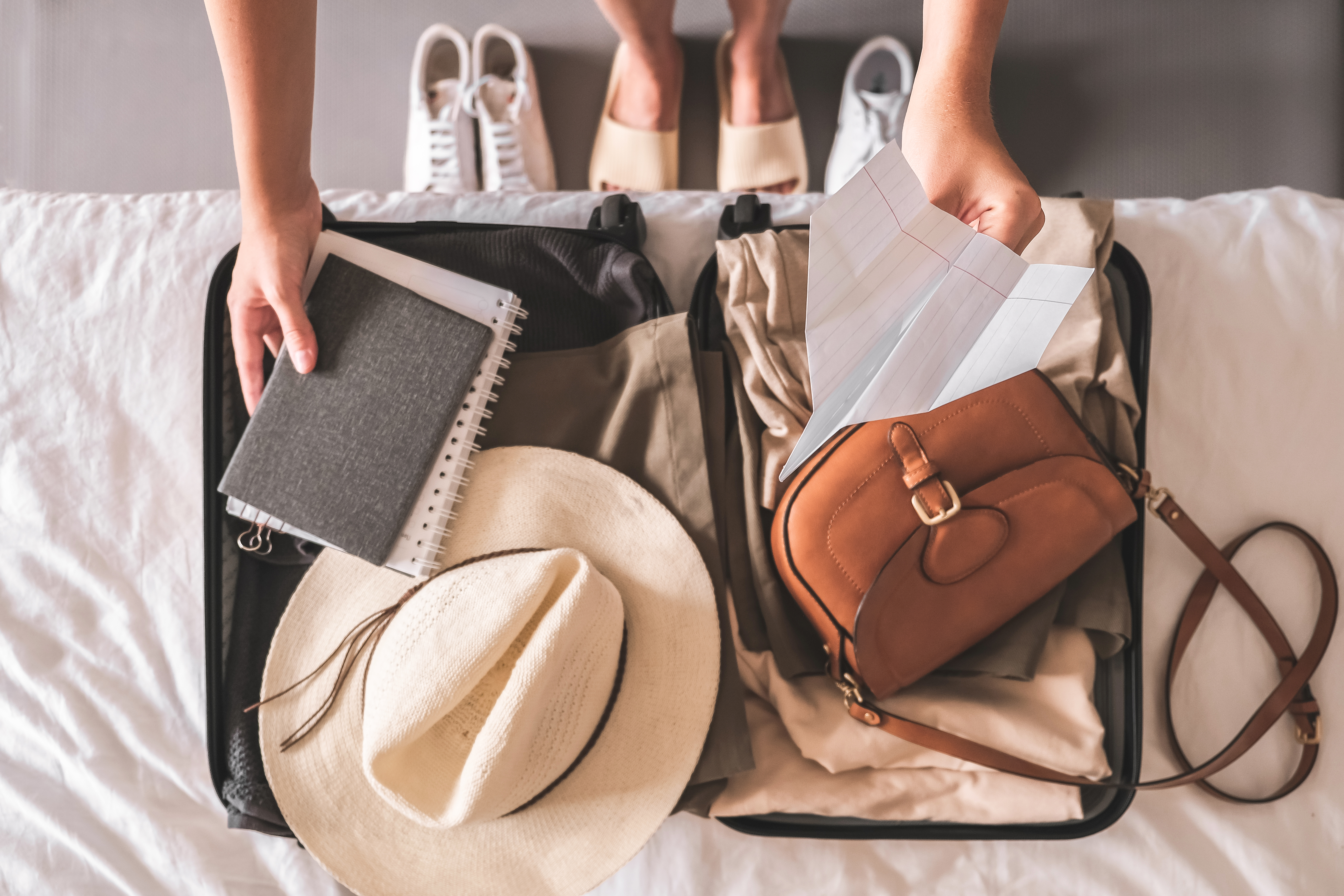
Packing efficiently can have a significant impact on your travel budget. Overpacking can lead to excess baggage fees, while underpacking may result in additional expenses for items you forgot to bring. Start by creating a packing list tailored to your destination's climate and activities, ensuring you have all the essentials without unnecessary items. Consider investing in versatile clothing that can be layered and mixed and matched to create different outfits. Travel-sized toiletries and reusable containers can help you avoid purchasing expensive products on the go. Additionally, pack a reusable water bottle and snacks to reduce the need for impulse purchases during your travels. By packing smartly, you can minimize unexpected expenses and focus on enjoying your trip.
8. Maximizing Travel Insurance
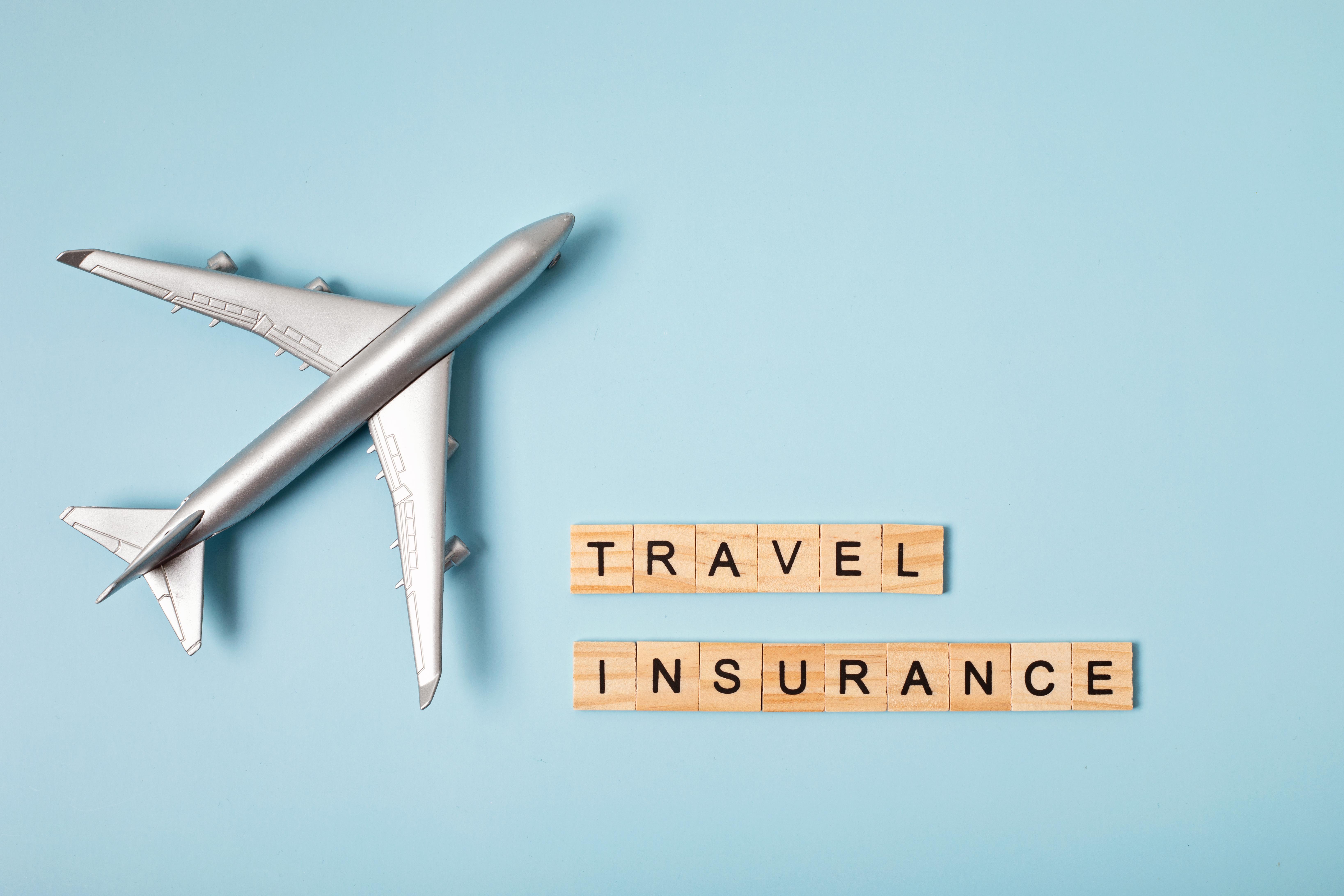
While it may seem counterintuitive, investing in travel insurance can lead to long-term savings by protecting you from unforeseen expenses. Medical emergencies, trip cancellations, and lost luggage can result in significant costs, but comprehensive travel insurance can mitigate these risks. When selecting a policy, consider your destination, planned activities, and personal needs to ensure you have adequate coverage. Look for policies that offer flexibility and coverage for a wide range of scenarios, and compare different providers to find the best value. Some credit cards also offer travel insurance as a benefit, so check if you're already covered before purchasing a separate policy. By prioritizing travel insurance, you can travel with peace of mind and protect your budget from unexpected setbacks.
9. Exploring Alternative Accommodations
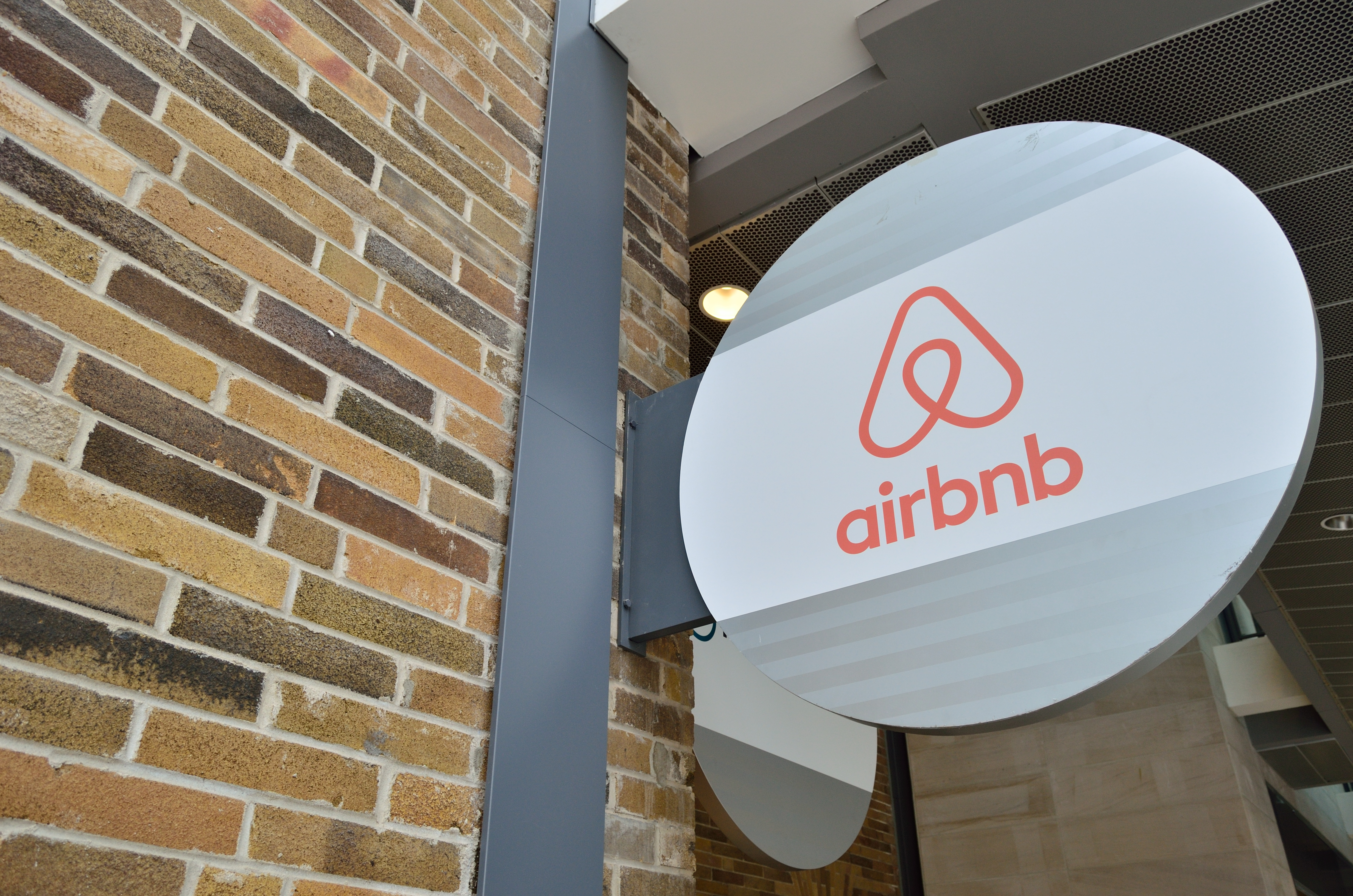
Beyond traditional budget lodging options, there are numerous alternative accommodations that can enhance your travel experience while saving money. Consider staying in vacation rentals, which often offer more space and amenities at a lower cost than hotels. Platforms like Airbnb and Vrbo provide a wide range of options, from cozy apartments to entire homes, allowing you to find accommodations that suit your needs and budget. For a more immersive experience, consider staying with locals through homestay programs or farm stays, where you can learn about the local lifestyle and culture firsthand. Camping or glamping is another option for nature enthusiasts, offering affordable accommodations in scenic locations. By exploring these alternative options, you can find unique and cost-effective places to stay during your travels.
10. Taking Advantage of Travel Deals and Discounts

To make the most of your travel budget, it's essential to stay informed about available deals and discounts. Sign up for newsletters from airlines, hotels, and travel agencies to receive notifications about special offers and promotions. Flash sales and last-minute deals can provide significant savings, so be ready to act quickly when these opportunities arise. Consider joining loyalty programs and frequent traveler clubs, which often offer exclusive discounts, upgrades, and perks. Student, senior, or group discounts may also be available for transportation, attractions, and accommodations, so always inquire about potential savings. By taking advantage of these deals and discounts, you can enjoy a more affordable and rewarding travel experience.
11. Understanding Currency Exchange

Currency exchange can have a significant impact on your travel budget, so it's crucial to understand how to manage it effectively. Start by researching the current exchange rates and comparing different options for exchanging money. Avoid exchanging currency at airports or tourist hotspots, where rates are often less favorable. Instead, use local banks or ATMs for better rates and lower fees. Consider using a travel-friendly credit card that offers no foreign transaction fees and competitive exchange rates. Prepaid travel cards can also provide a convenient and secure way to manage your spending while abroad. By staying informed about currency exchange, you can minimize fees and make the most of your travel budget.
As we conclude this exploration of thriftier travel, it's clear that traveling economically doesn't mean sacrificing quality or experiences. By implementing these savvy money-saving tactics, you can enhance your travel adventures while maintaining financial stability. From strategic planning and transportation choices to dining, activities, and cultural engagement, each aspect of travel offers opportunities for savings. The key to successful budget travel lies in flexibility, creativity, and a willingness to explore alternative options. By staying informed, leveraging technology, and connecting with local communities, you can create meaningful and memorable travel experiences without overspending. As you embark on your next journey, remember that the art of thriftier travel is not just about saving money, but about enriching your life through exploration and discovery.






